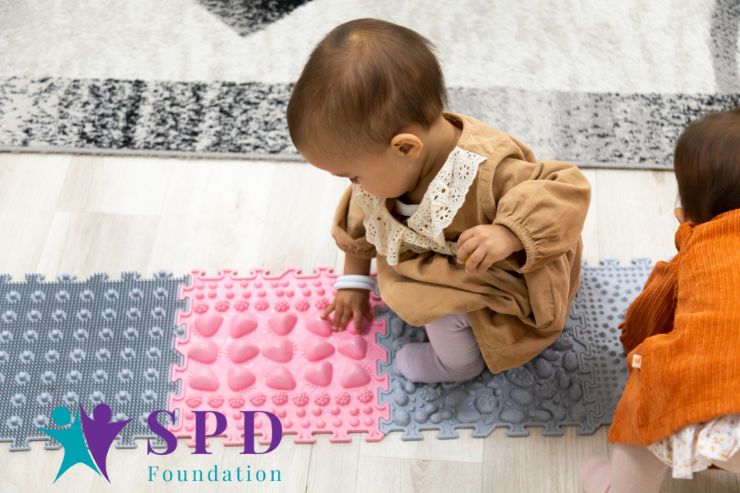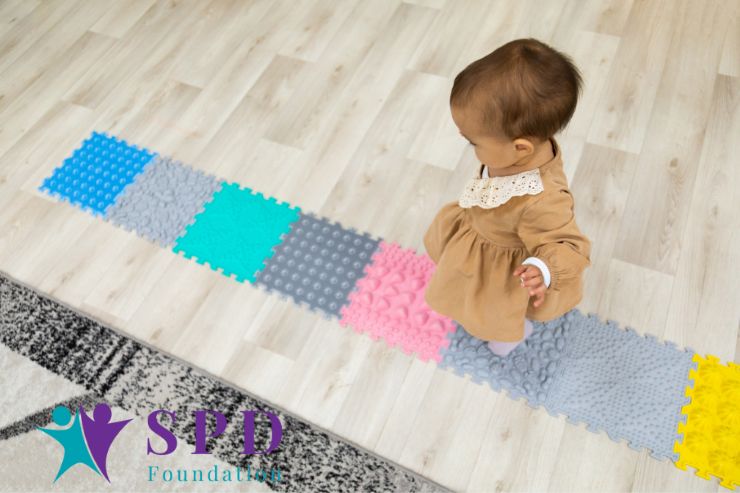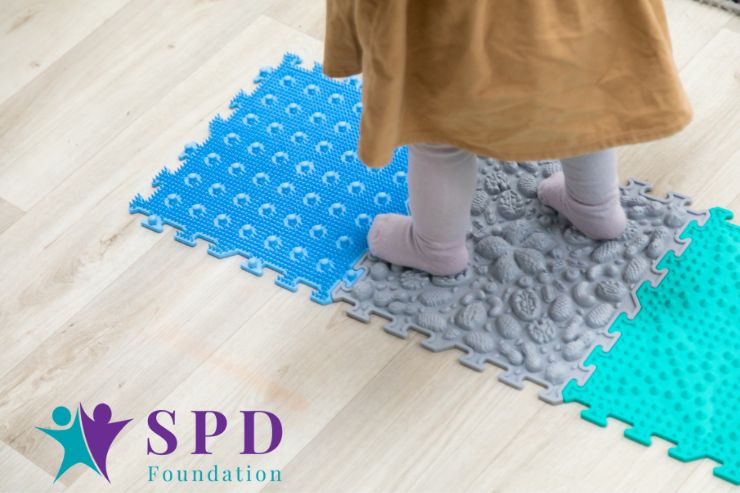SPD affects how the brain processes and responds to sensory information such as touch, sound, taste, smell, and visual input. Those with SPD may have heightened or decreased sensitivity to stimuli, which can cause discomfort, anxiety, and challenges in daily life.
According to The American Journal of Psychiatry, 5% to 16% of children in the U.S. have SPD, emphasizing the importance of awareness and understanding of this condition. SPD symptoms vary but can include sensitivity to light, discomfort from certain textures, coordination issues leading to clumsiness, and behavioral problems.
Causes of SPD

The root cause of SPD lies in the nervous system, which includes the brain, spinal cord, and nerves that facilitate communication throughout the body. Children with SPD often have subluxation, a spinal misalignment that impacts the brain’s ability to process sensory information effectively. This misalignment creates a “traffic jam” in the nervous system, impairing communication between the brain and the body.
How Chiropractic Care Helps with SPD

Chiropractic care focuses on improving communication in the nervous system through spinal adjustments. By addressing spinal subluxations, chiropractic adjustments can improve the transmission of sensory information, helping the brain respond more effectively to environmental stimuli.
These can include lifestyle recommendations such as nutritional guidance which is another important component to supporting the wellbeing of a child with SPD. Nutritional interventions can greatly assist children in receiving the nourishment they need to foster optimal brain function and a healthy nervous system.
Benefits of Chiropractic Care

Chiropractic care emphasizes spinal health by correcting subluxations that interfere with nerve signals, enhancing brain-body communication. Additionally, reducing muscle tension and improving joint mobility can make children with SPD more comfortable and improve their sensory experiences.
Additional Recommendations
Chiropractors can offer lifestyle and nutritional guidance to complement physical adjustments. Nutritional advice may include foods rich in vitamins and minerals to support brain function and the nervous system. For example, B vitamins are essential for nerve health. For children with sensory sensitivities to certain foods, chiropractors might recommend supplements to ensure they get necessary nutrients.
Chiropractors may also suggest exercises to improve coordination and strength, along with relaxation techniques like deep breathing to promote relaxation and focus. A holistic approach from chiropractors can significantly improve the quality of life for children with SPD, enhancing their sensory functioning and overall well-being.







